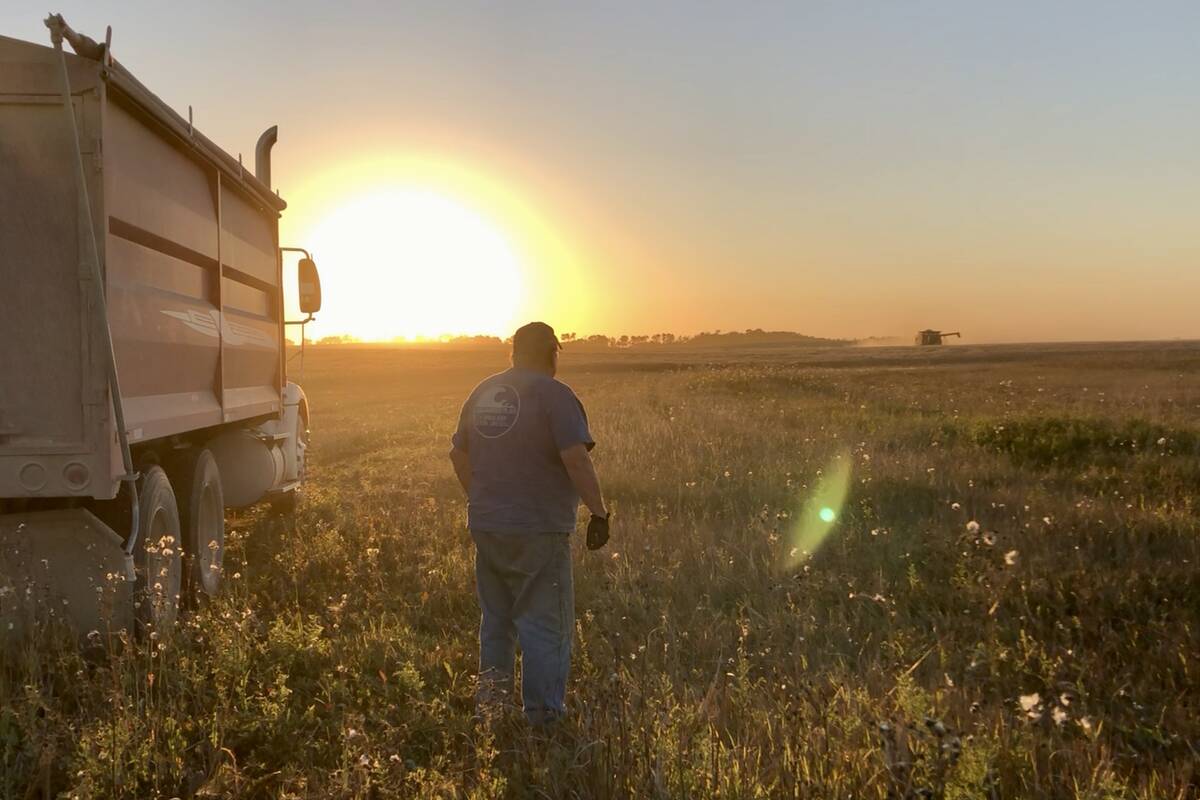Q: My mother made a will but I was not included and was told that I have no right to see the will or to hear it read.
A: There is no legal obligation for a will to be read upon the death of the testator, nor does a family member have the right to see a will. Of course, there is nothing preventing an executor from having the will read to family members or showing it.
Further, a testator is not required to leave anything for an adult child, unless they are dependent due to physical or mental disabilities. British Columbia legislation is somewhat wider and allows for challenges to a will by a child if adequate provision has not been made for proper support.
Read Also

VIDEO: Bittersweet harvest for this family farmhand
Bruce Burnett helps his brother harvest wheat and canola for the last time on the family farm in Manitoba where they both grew up.
With certain exceptions, all probate applications are a matter of public record and you are entitled to see the probate record. In Saskatchewan, from where you write, contact the Wills and Estate Registry, Court House, 2425 Victoria Ave, Regina, S4P 3V7. For a fee of $10 for recent wills or $20 if probate was more than five years ago, the registry will tell you whether the estate has been probated and in which courthouse you will find the file. You will have to provide them with the name of the deceased, last known city or town of residence and approximate date of death. At the courthouse where the probate file is located, for a fee you can obtain copies of all documents including the will. In some cases, if there is no land and no large sums of money, there may be no need for probate.
A person having an interest or potential interest in the estate can also seek a court order for the executor to produce the will and begin probate proceedings.
Disregarding instructions
Q: A single man appointed his neighbour as executor. He died and the neighbour called the family together and read the will. The terms are straightforward as to who is to get the land. However, the executor gives it to someone else, then rents the land from that person. After doing this he goes to a justice of the peace and resigns as executor. Can the executor step down without permission, and can an executor do as he wishes?
A: An executor must follow the instructions set out in the will. Failure to do so is a breach of trust and an executor who deliberately disobeys directions in a will can be personally liable.
An executor can also be required by a person having an interest in the estate to account to the court for his handling of money and other assets of the estate.
An executor cannot resign by appearing before a justice of the peace. Only a court can discharge an executor from his duties. If an executor refuses to apply for probate or refuses to complete his duties, those interested in the estate can ask a court to remove the executor and appoint someone else.
All in the wording
Q: In a holograph will a mother leaves her farm to her son. Does this include all of the machinery and grain on the farm?
A: It will depend on the wording of the will. If the will says, “I leave all my land to my son,” then the son only gets the land. On the other hand, if the will says, “I leave all my farming operation to my son,” this would include the machinery and grain.
If the terms of the will are unclear it may be necessary to get a court ruling on its meaning. If there are other siblings this course may be advisable to avoid a family dispute.
If there is property that is not dealt with in the will, it is distributed as if the testator died without a will. Under this situation, property goes to the spouse or spouse and children. If there is no spouse, it is divided between the children. If there are no children, it goes to the closest next-of-kin.
Don Purich is a former practising lawyer who is now involved in publishing, teaching and writing about legal issues. His columns are intended as general advice only. Individuals are encouraged to seek other opinions and/or personal counsel when dealing with legal matters.
















